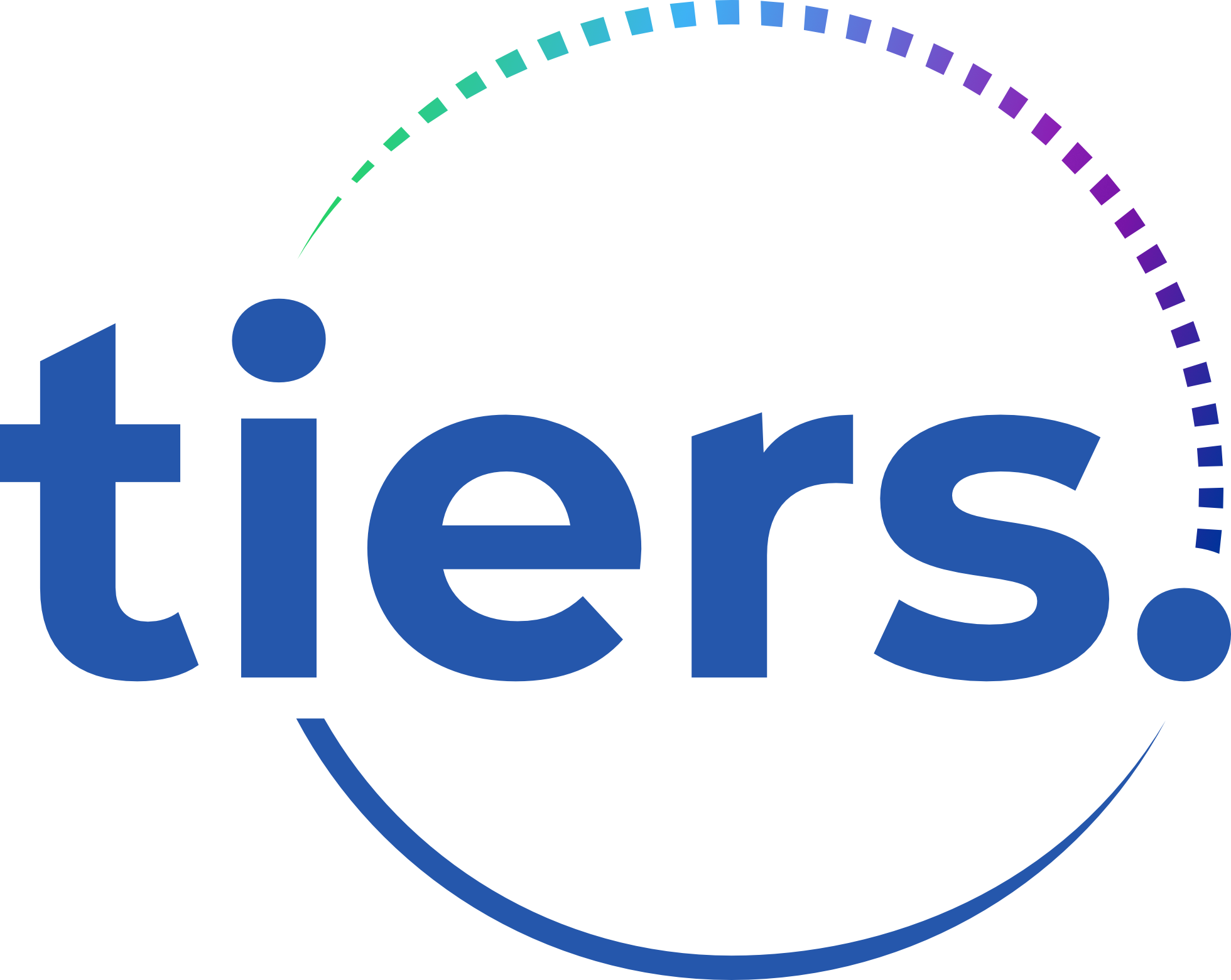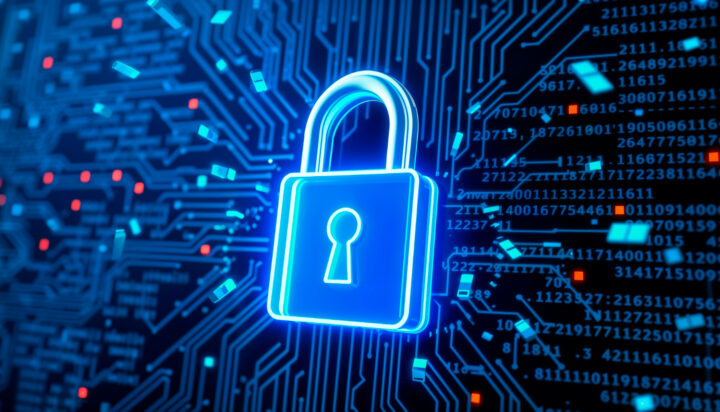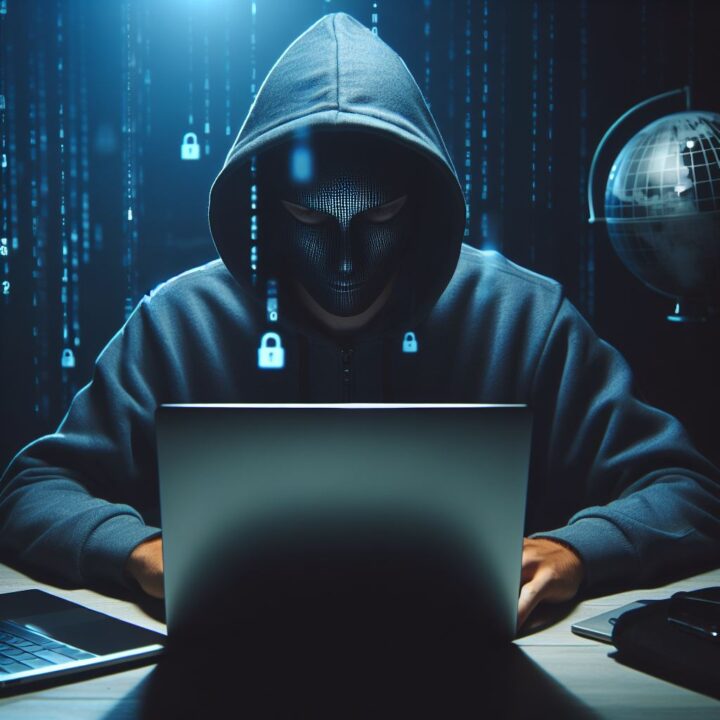Je, unajua kwamba nguvu ya nenosiri lako inaweza kuhakikisha usalama wa mafaili yako, taarifa zako binafsi, na hata taarifa zako za kifedha mtandaoni — au kusababisha uharibifu wake kabisa? Wacha tukuelekeze katika ulimwengu wa nenosiri dhaifu ambazo unapaswa kuziepuka kwa makusudi.
Huenda ukashangaa kwamba baadhi ya manenosiri mabaya kabisa ni maneno ya kawaida au aina zinazotumiwa sana, nambari zilizopangwa, na hata maneno ya kamusi ya kawaida. Hatari ya kuingiliwa akaunti iliyolindwa na nenosiri kama hili ni kubwa:
Mfano wa Manenosiri Mazito Unayopaswa Kuepuka
- 123456
Unatumia “123456” kama nenosiri lako? Sasa ni wakati wa kubadilisha! Mlolongo huu wa nambari ni mmoja ya manenosiri mabaya unayoweza kuchagua. Kwa nini? Kwa sababu ni rahisi mno kwa hackers kutabiri.
Kutumia “123456” kama nenosiri ni kama kuweka funguo za nyumba chini ya zulia la ukaribisho. Ukweli ni kwamba wadukuzi wanatafuta mfululizo dhahiri kama huu kama hatua yao ya kwanza. Licha ya umaarufu wake, nenosiri hili halitoa usalama wowote wenye nguvu.
Kuingiza nambari kwenye nenosiri lako kunaweza kuufanya uwe imara zaidi, lakini sio ikiwa ziko kwenye mlolongo unaoweza kutabirikiwa. Manenosiri kama “123456” yanahitaji ugumu zaidi ili yawe salama kweli.
- 12345678
Ah, huu ni mwingine ambao umepita kwenye orodha — kwa sababu njema. Kwa bahati mbaya, kuongezeka kidogo kutoka “123456” ni chaguo linachotumiwa sana ambalo halitoa usalama kabisa. Ni moja ya chaguzi mbaya zaidi za nenosiri unayoweza kuchagua.
- 123123
Fikiria kutengeneza nenosiri la tarakimu sita. Kwa kawaida unapochagua “123123”. Tuweze kuwa wazi: rahisi kukumbuka. Tatizo ni kwamba ni rahisi pia kwa mtu mwingine kuutabiri. Kutumia mfululizo rahisi kunafanya akaunti zako kuwa hatarini, kwani ni mojawapo ya kudhani za kwanza ambazo hacker au programu mbaya itajaribu.
- 123321
Kwa kugeuza mpangilio kidogo, unaweza kuamini kutumia aina yake kama “123321”. Ingawa umeifanya kuwa ngumu kidogo kwa kubadilisha mfululizo katikati, bado hauna ugumu wala uhalisi wa kipekee. Wadukuzi mara nyingi hutumia algorithimu ambazo hupitia haraka mifumo hii ya kawaida, na kufanya nenosiri hili kuwa moja ya manenosiri mabaya.
- Iloveyou
Haitokani kupendeza na kusisimua na thamani ya hisia, “Iloveyou” ni favorit kati ya chaguzi mbaya za nenosiri. Huenda ukadhani nenosiri linaloonyesha hisia linatoa ulinzi fulani. Kwa bahati mbaya, ndani ya dunia ya kidijitali, hisia zinatafsiriwa kuwa lengo rahisi kwa wadukuzi. Manenosiri yanapaswa kuwa yasiyotabirika na hayana hisia za kibinafsi.
- Welcome
Sehemu ya ya kusisimua ya kutumia nenosiri kama “welcome” ni kwamba bila kutarajia unaipeleka tepi nyekundu kwa waandishi wa udukuzi. Ni mwaliko wazi kwa matatizo – kama kuweka funguo zako chini ya zulia. Kwa kuwa ni neno la kawaida linalotumiwa mara kwa mara, ni kosa ambalo linaepukwa kwa urahisi.
- admin123
Kwa kuunganisha vipengele viwili vinavyotumiwa sana kwa manenosiri, ‘admin’ na ‘123’, tunapata ‘admin123’. Ni kama kuunganisha mabaya ya dunia zote mbili. Kutumia maneno ya kawaida na mlolongo wa nambari haku‑ufanyi iwe Fort Knox ya uhakika. Mchanganyiko huu rahisi kutabiri unaingia kabisa kwenye orodha ya manenosiri mabaya na unatakiwa kuachwa kwa usalama wako.
- 111111
Chukua muda utafakari kuhusu huu kwa sekunde moja. Je, inaonekana kuwa salama? Haipaswi. Ni kama kumtuma mtu anayehitaji funguo zako na kusema, “Inkuaje wakati wowote.” Nenowiri “111111” ni uchaguzi wa kawaida kwa watu wanaotilia lazima urahisi kuliko usalama. Na ingawa kwako ni rahisi kukumbuka, ni rahisi sana kwa wadukuzi kutabiri.
- 1234567890
Toleo lililoongezeka la “12345678”. “Faida” yake pekee juu ya ndugu zake ni kuwa ndefu kidogo, jambo linaloifanya kwa nadharia kuwa ina ustahimilivu kidogo zaidi kwa mashambulio ya nguvu (brute force). Hata hivyo, kutokana na utabiri wake – kama mfululizo wowote wa nambari unaoweza kutabirika – “1234567890” pia inajiweka katika kundi la “manenosiri mabaya”.
- letmein
Kutumia nenosiri “letmein” ni kama kutoa mwaliko kwa wadukuzi kuingia. Na hilo ndilo kinyume cha unachotaka kuhusiana na usalama wa data zako. Ni nenosiri dhaifu kwa sababu ni usemi wa kawaida na haujumuishi mchanganyiko wa aina za herufi. Daima jaribu kuepuka manenosiri ambayo ni maneno au misemo ya kawaida.
- password1
Hii inaweza kuonekana kama kuboreshwa kidogo kwa chaguo rahisi “password”, sivyo? Sio hivyo haraka. Utafiti wa NordPass mwaka 2020 ulionyesha kuwa nenosiri hili ‘password1’ limetumiwa na watu takriban 360,467 — jambo ambalo wahalifu wanalijua vizuri. Wadukuzi wanajua kuwa kuongeza namba mwishoni ni jaribio la kawaida kuimarisha nenosiri dhaifu. Kwa hiyo, “password1” haina thamani ya ziada ya usalama ikilinganishwa na chaguo lake bila namba.
- abc123
Kanuni ya jumla ni kwamba kama nenosiri lako ni rahisi mno kukumbukwa, ni sawa kwamba ni rahisi mno kuuvunja. Mfano: abc123. Inachanganya mmoja wa mbinu maarufu za kujenga manenosiri – herufi kwa mpangilio maalum na mlolongo wa nambari. Mchanganyiko huu hauufanyi iwe vigumu kuuvunja. Badala yake, unafanya uweke wazi zaidi.
Kwa Hitimisho
Fikiria nenosiri lako kama brashi yako ya meno. Hutaki kulishirikisha; unataka kulibadilisha mara kwa mara (labda mara kwa mara kuliko unavyobadilisha brashi ya meno) na kuhakikisha ni la kipekee kwako… na si kitu generic na kisicho na mvuto kama ‘admin’.
Get informed on how to do more with your money.





